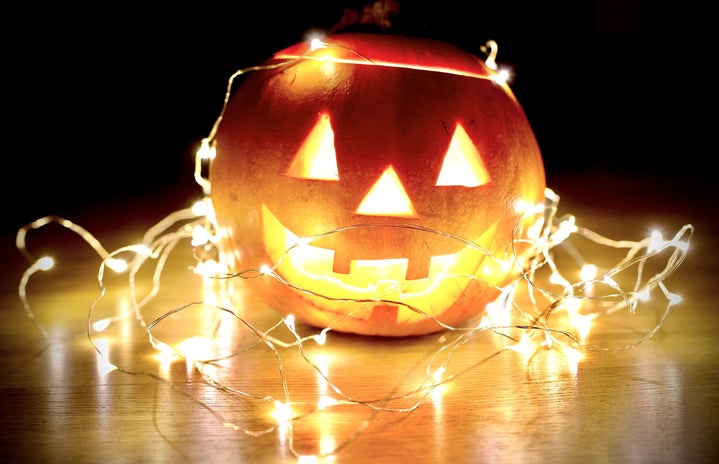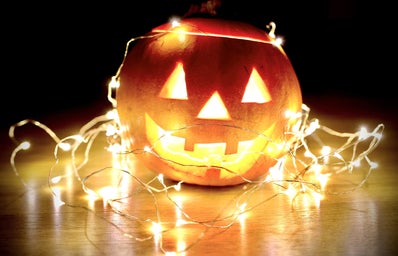With the spooky season upon us and Halloween just around the corner, words such as creepy, nightmare, and ghost start appearing in our messages and speech. But, have you ever wondered, what is the history behind some of the popular words of this time?
Here, we go on a search to find out.
Ghost
The word ghost originates from the Proto Indo European root gheis. This was used to form words that would mean excitement, amazement, or fear. This root was added into the High German word geist, which meant spirit. Geist later became the Old English word gāst, meaning “breath; good or bad spirit, angel, demon; person, man, human being”. Reaching the Middle English period, the word changed into gast or gost. Ghost with the gh spelling would appear in the 1500s, due to the influence of Flemish and Middle Dutch words with a similar meaning.
Nightmare
Nightmare is composed of the words night and mare. The word night means the darkest part of the day, and it originates from the Proto-Indo-European word nekwt. From there on, it evolved into the word nahts from the Proto-Germanic language. Then, it arrived to Old English, where the word became niht. The word changed from niht to night in the Middle English period.
The other part of the word, mare, originally came from the Proto-Indo-European word mora which meant “incubus”. From there it evolved into the Proto-Germanic word maron, whose translation was “goblin”. Then it appeared in Old English and became the word that is used today, mare, which means “night-goblin, incubus, oppressed sleep”.
The first use of nightmare as a compound word was in the 1300s, and it meant “an evil spirit formerly thought to oppress people during sleep”. In the 16th century, the definition would remove the aspect of an evil spirit and include “the suffocating sensation it causes”. Continuing to the year 1829, the definition “any bad dream” is recorded; and two years later, it would mean “very distressing experience”. These definitions stayed the same until the present day.
Vampire
The origin of the word vampire is debated among linguists, but the general consensus is that it originates from the Serbian word vampir. From there, it was adapted into the German word vampir. The word would then be a part of French as vampire and from here it reached the English language. Another theory is that the word comes from the Kazan Tatar word ubyr. This would later become the Old Church Slavonic word ǫpyri and afterwards the Hungarian word vampir. From here, it would reach German and follow a similar pattern.
Thus, giving us a name to describe characters like Edward Cullen from the Twilight Saga and Lestat de Lioncourt from the Vampire Chronicles.
Creepy
Creepy is a compound of the word creep and the suffix -y. The word creep originates from the Proto Germanic word kreupanan. Thus, it evolved into the Old English word creopan, which meant “to move the body near or along the ground as a reptile or insect does”. In the 1300s, the word started to mean “move secretly or to evade detection,” and “move slowly, feebly, or timorously”. The latter is the current definition that we have of the word. In 1818, the word became a noun and it described the action of creeping and by 1886, it entered American English as a slang word that had the meaning, “despicable person”.
In 1794, the word creepy was first recorded and it had the meaning “characterized by creeping”. By 1831 the definition changed into “having a creeping feeling in the flesh”. Currently, the word means “strange or unnatural and making you feel frightened”.
Halloween
The origin of this word has to do with the fact that the day after (November 1st) is All Saints Day, which is also known as “All Hallows Day”, with hallow in this context means “holy person, saint”. In Scottish, the 31st of October became known as “All Hallows E’en” which was a shortening of the phrase “the evening before All Hallows day”. E’en was a contraction used to refer to the day before religious feasts or saints days. In the 1700s, the day started being referred to as Hallowe’en or Halloween with the poet Robert Burns writing a poem with the name as the title. Here is the poem, in case you want to give it a read.
Now you know where some popular words of the season come from.


